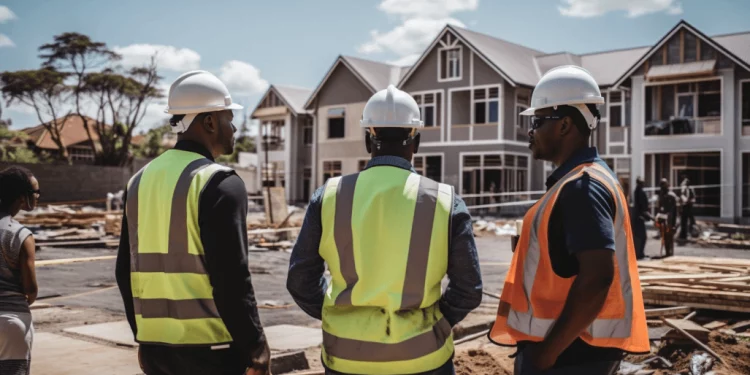Suburban homeownership is increasingly attractive as buyers search for more space, affordability, and a quieter lifestyle. However, purchasing a home outside a city comes with its own set of challenges and opportunities. In this article, we explore five essential considerations to help guide you through the suburban home buying process.
Location & Neighborhood Dynamics
In suburbia, your neighborhood shapes your daily life as much as your property’s physical features. When researching potential areas, consider the proximity of essential amenities like grocery stores, healthcare facilities, and recreational areas. Look into local school ratings and community services, and find out about any planned developments or infrastructure improvements that could affect property values. Suburban neighborhoods vary widely; a quiet, green community might appeal to families, while areas with convenient commuter access to a city center could suit professionals. Engaging with local residents and real estate agents can provide valuable insights into the long-term prospects of the neighborhood
Affordability & Financing Options
One of the major benefits of suburban living is often the ability to get more space for your money. Even if suburban homes have a lower price-per-square-foot than urban properties, it’s crucial to assess your total budget—including down payment, closing costs, and potential renovations. Ensure you secure mortgage pre-approval and understand how your credit score influences your loan options. Additionally, explore local and government assistance programs that might be available to first-time buyers. While costs such as property taxes, insurance, and possible homeowner’s association fees can add up, utilizing online tools and comparing multiple lenders can help you craft a sound financial strategy
Home Features & Layout Considerations
Suburban homes generally offer more space, larger yards, and additional rooms compared to urban apartments or condos. However, it’s important to determine how much space you truly need—both now and in the future. Consider whether you prefer a move-in ready property or are open to a fixer-upper that offers opportunities for customization. Evaluate the interior layout and outdoor areas to see if they align with your lifestyle. A home that meets your current needs in terms of room configuration and functionality will be easier to update later, even if cosmetic changes are necessary.
Hidden Costs & Ongoing Maintenance
Beyond the purchase price, owning a suburban home comes with additional responsibilities. Larger properties often mean higher property taxes, increased insurance premiums, and greater maintenance costs for landscaping, driveways, and older systems. If your home is part of an HOA, be sure to review the fee structure and what services are covered. Accounting for these hidden costs in your overall budget can prevent financial strain later and ensure that your suburban lifestyle remains affordable in the long term.
Future Resale Value & Market Trends
Even if you plan to stay in your new home for many years, it’s wise to consider its potential resale value. Research historical and projected property value trends in the area, and assess the local economy’s stability. Look for signs of growth, such as upcoming infrastructure projects or increasing employment opportunities, which can positively influence property values. Keeping an eye on regional trends and consulting experienced local realtors can help you choose a property that not only fits your current needs but also represents a sound long-term investment.
Purchasing a home in the suburbs offers the promise of more space, a quieter environment, and an enhanced quality of life. By carefully evaluating the neighborhood dynamics, securing the right financing, focusing on functional home features, accounting for hidden costs, and considering future market trends, you can make an informed decision that benefits you both today and in the future. With a comprehensive approach backed by expert insights and current market research, you’ll be well-prepared to navigate the unique challenges of suburban home buying and find a property that truly meets your needs.

















